Sudan in a week: Ayin News Bulletin #5
14 October 2025
To keep our readers informed of the multitude of events taking place in Sudan amidst the ongoing, devastating war, we have developed a series of weekly news briefs, covering nine major topics of the week.
In this week’s edition:
- Indiscriminate Shelling Deepens the Suffering in El Fasher
- Sudan’s military government tightens grip with harsh cybercrime amendments
- Seven civilians killed in drone strikes on Ad Dabba and Khartoum
- Gold companies’ influence forces out Sudan’s Central Bank governor
- The army deploys south of Omdurman after armed raid
- Drones hit South Kordofan for the first time in the war
- Gunfire at two Sudanese hospitals leaves casualties
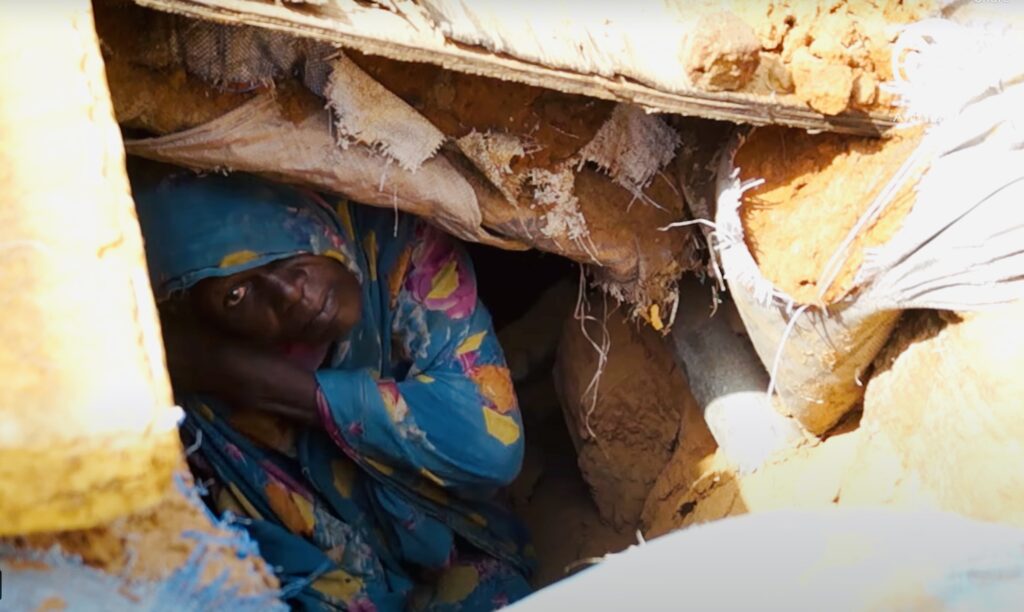
1. Indiscriminate Shelling Deepens the Suffering in El Fasher
The Rapid Support Forces (RSF) launched drone and artillery strikes on El Fasher, North Darfur, on Saturday, killing at least 57 civilians and wounding 43 others in a shelter for internally displaced persons (IDPs), according to volunteers and humanitarian organisations. The attack targeted the Dar al-Arqam shelter, one of several IDP sites hit recently as RSF bombardments intensified around the city.
Residents said the RSF has escalated drone and rocket attacks across El Fasher, bringing fighting close to the Sudanese army’s Sixth Division headquarters. “Life in the city has come to a complete standstill,” said Mohammed Khamis, a spokesperson for the displaced. He described widespread shortages of food and medicine, with movement across the city nearly impossible due to constant shelling.
Khamis said the death toll from Saturday’s bombing continues to rise as many of the wounded die from lack of treatment. Most hospitals in El Fasher are closed, and only a few doctors provide care privately at high cost. “There are wounded mothers and orphaned children inside shelters without food or medical help,” he added, calling for urgent humanitarian intervention.
Clashes continued through the week, with RSF attacks on the army’s southern and northern defences repelled by government forces on Monday. Local sources said artillery fire and drone strikes have become daily occurrences.
El Fasher, the last army stronghold in Darfur, has been under RSF siege for more than a year. Around 250,000 people remain trapped in the city, according to UN estimates, amid what aid workers describe as one of Sudan’s worst humanitarian crises.
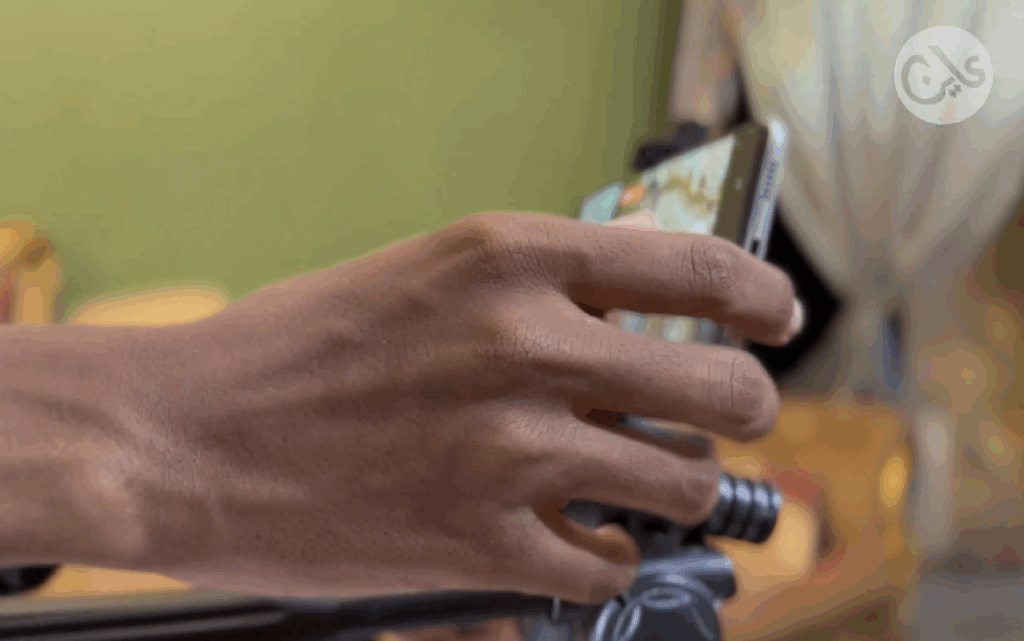 2. Sudan’s military government tightens grip with harsh cybercrime amendments
2. Sudan’s military government tightens grip with harsh cybercrime amendments
Sudan’s military-controlled cabinet has approved new amendments to the Information Technology Crimes Law that human rights advocates warn will sharply restrict freedom of expression online. The amendments, endorsed on October 13 in Port Sudan, were introduced by Justice Minister Abdullah Darf and supported by Prime Minister Kamel Idris.
While details of the law have not been officially released, activists say the revisions impose prison terms of seven to ten years and heavy fines for social media and online journalism offences. “The amendments are more stringent and designed to clamp down on criticism of the government and army,” said rights defender Ahmed Osman.
Osman said security services pressured the Justice Ministry to strengthen the law after social media became a “solid platform” for exposing corruption and criticising the authorities. He added that the amendments were draughted by the security apparatus and sent to the minister for formal approval.
According to Osman, the fines range from five to ten million Egyptian pounds, and courts may impose both imprisonment and financial penalties. He warned the vague language could lead to hundreds of prosecutions against activists, journalists, and bloggers.
The Cybercrime Prosecution Office already receives hundreds of complaints against online users across Sudan, Osman noted. Rights groups fear the new law will deepen government surveillance and stifle what remains of Sudan’s online civic space.
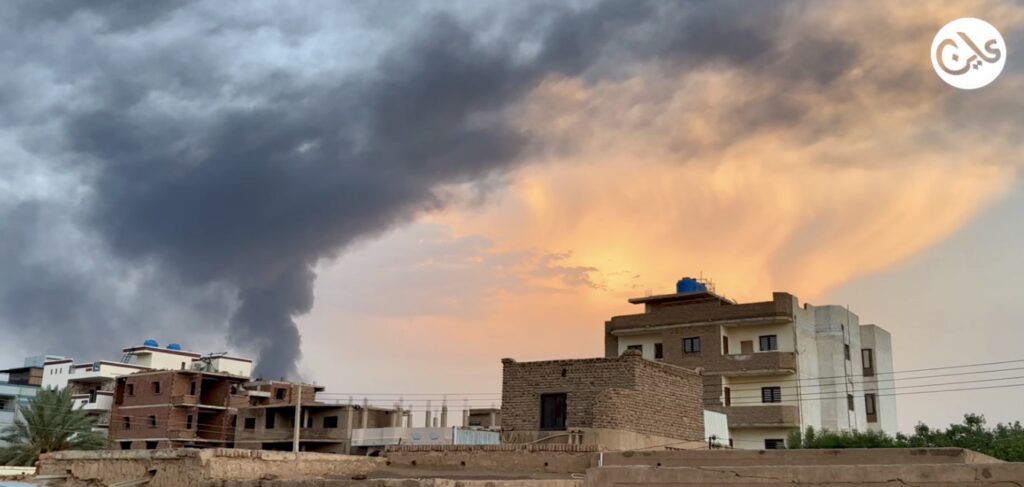 3. Seven civilians killed in drone strikes on Ad Dabba and Khartoum
3. Seven civilians killed in drone strikes on Ad Dabba and Khartoum
At least seven civilians were killed on Tuesday in drone strikes on Ad Dabba in northern Sudan and Ad Babiker, east of Khartoum. Military officials blamed the Rapid Support Forces (RSF) for the attacks, though the group has not commented on the allegations.
In Ad Dabba, five people were killed when a drone struck the engineering college complex, according to Mohamed Saber Keshkesh, head of the local security committee. Four drones reportedly targeted different sites in the city, including the joint force headquarters of armed movements allied with the army.
In Khartoum, two drones struck the Ad Babiker neighbourhood. One hit the home of Dr. Siddiq Osman al-Faki, killing him and his son, while another bombed the house of Rashid Osman, a Sudan Shield Forces leader, according to videos circulated by activists.
The strikes mark a continued expansion of the RSF’s drone warfare capabilities, which have caused growing civilian casualties across multiple Sudanese states. Neither the army nor independent observers have verified the full extent of the damage.
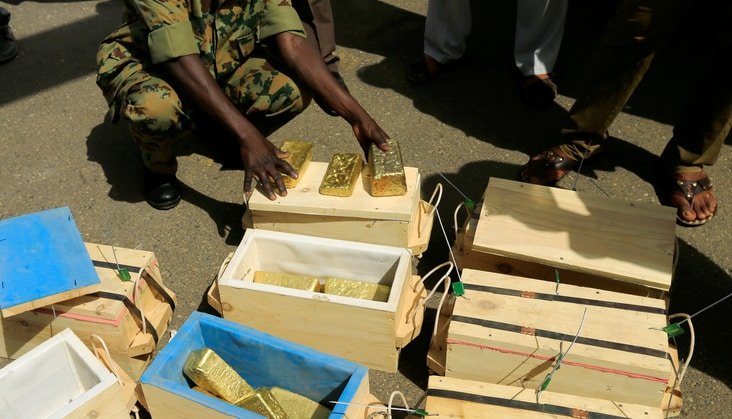 4. Gold companies’ influence forces out Sudan’s Central Bank governor
4. Gold companies’ influence forces out Sudan’s Central Bank governor
Sudan’s army leader, Gen. Abdel Fattah al-Burhan, dismissed Central Bank Governor Barai al-Siddiq on October 13 following a dispute with major gold exporters. He appointed Amna Hassan al-Tom as his replacement, underscoring the deep influence of the gold sector over the country’s economic policy.
Tensions erupted during a meeting in Port Sudan when al-Siddiq insisted the Central Bank should retain exclusive control over gold procurement and exports. Gold companies objected, backed by Finance Minister Gibril Ibrahim, while Prime Minister Kamel Idris reportedly failed to mediate.
A Central Bank source told Ayin that al-Siddiq had sought to use gold revenues to build Sudan’s foreign reserves and curb private sector dominance. His removal, the source added, reveals internal rifts within the military government over control of foreign currency flows.
The dispute caused the US dollar to rise from 3,450 to 3,600 Sudanese pounds on the parallel market, said forex trader Fath al-Rahman Ajuba. Gold remains Sudan’s top export, generating about $959 million this year, according to the Sudanese Mineral Resources Company.
Analysts warn that the governor’s ouster could further destabilise the fragile economy and entrench private gold firms’ political influence in Port Sudan.
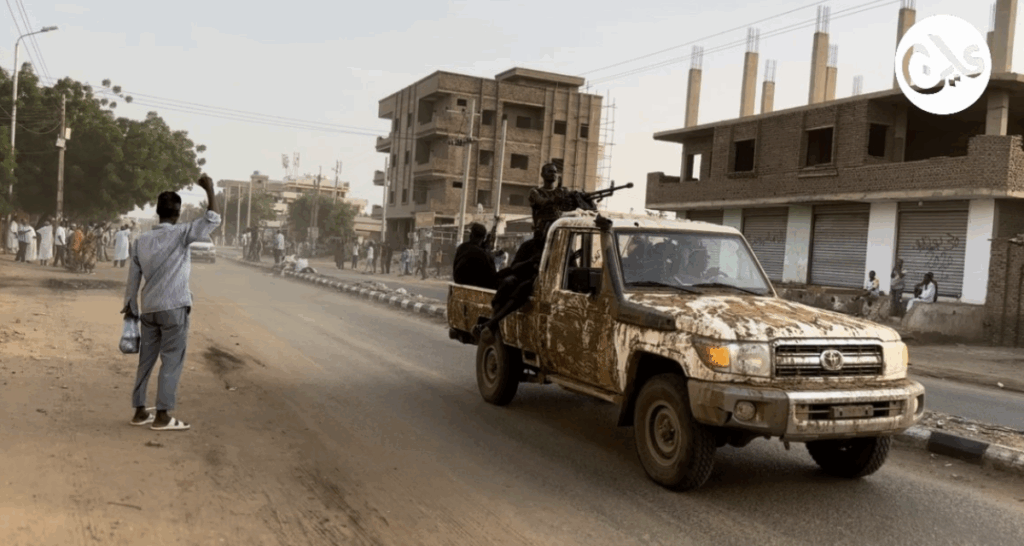 5. The army deploys south of Omdurman after armed raid
5. The army deploys south of Omdurman after armed raid
The Sudanese army deployed troops to villages south of Omdurman following a violent raid on Eid al-Had village on October 12, where gunmen abducted a resident at gunpoint. Local civil groups said the attackers, armed with heavy weapons, stormed homes and triggered panic among residents.
Villagers later managed to free the abducted man, Rahmatullah Abdul-Rasul, after a confrontation with the assailants. Residents prepared to defend themselves if security forces failed to maintain order, warned a local civil society spokesperson. “We will secure our areas ourselves,” he said.
The military deployment eased tensions temporarily, but humanitarian conditions remain dire. Nearly 100,000 people have been affected by food shortages and displacement caused by previous RSF attacks in the region earlier this year.
The arrest of six residents from nearby Jam’iya villages in April has also deepened mistrust between locals and authorities. Authorities accuse the detainees of collaborating with the RSF during its occupation of the area, but residents maintain that they merely coordinated humanitarian access for civilians.
The standoff underscores growing friction between the army and communities caught between rival armed forces amid Sudan’s escalating civil war.
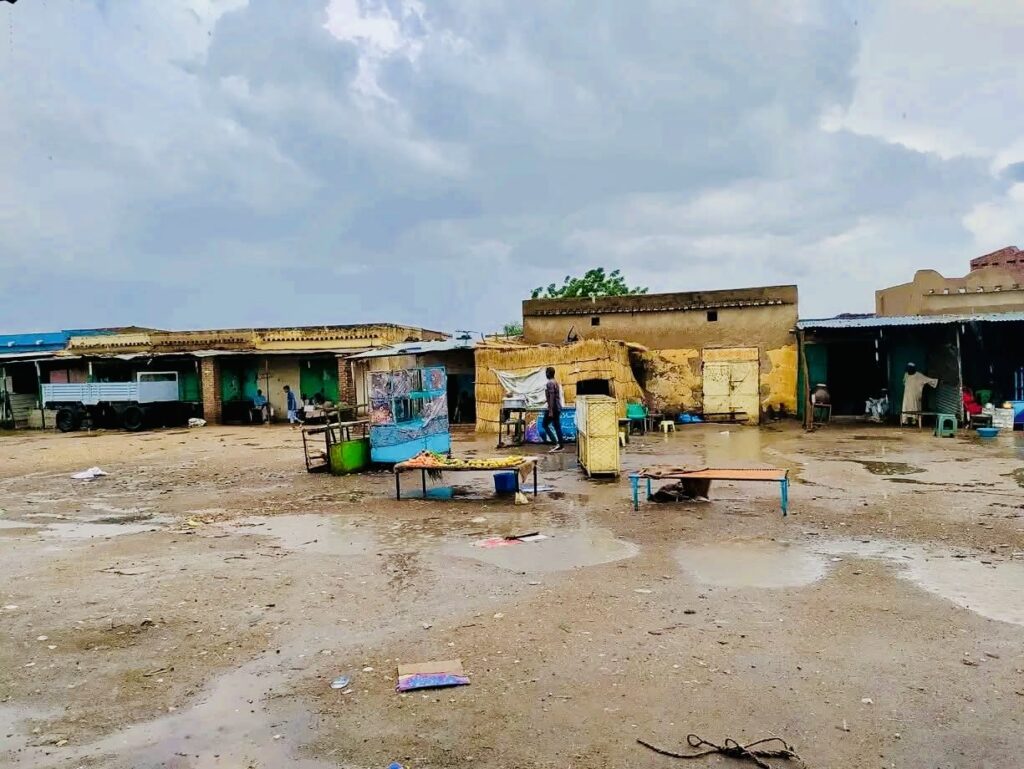 6. Drones hit South Kordofan for the first time in the war
6. Drones hit South Kordofan for the first time in the war
South Kordofan has come under drone attack for the first time since Sudan’s war began, marking a new escalation in the conflict. Drones struck civilian and military targets in the towns of Delami and Abu Jibeiha on Sunday and Monday, killing several people, local sources told Ayin.
A drone attack on Delami killed five civilians, including the son of the local mayor. Another strike on Abu Jibeiha hit the army’s 10th Division headquarters, killing senior officers, including Lieutenant Colonel Ali Haidar and the division’s legal adviser, Siddiq Abdullah.
A third drone bombed the campus of East Kordofan University, which had been converted into a base for allied brigades, causing additional casualties. Witnesses in nearby Delling reported seeing reconnaissance drones overhead, followed by artillery fire landing in residential areas.
This marks the first drone use in South Kordofan during the current conflict. The region is under joint siege by the RSF and the Sudan People’s Liberation Movement-North (SPLM-N), which have established a parallel administration challenging army control.
Although frontlines in Kordofan have remained largely static in recent weeks, military analysts warn the drone attacks could reignite fighting across one of Sudan’s most volatile regions.


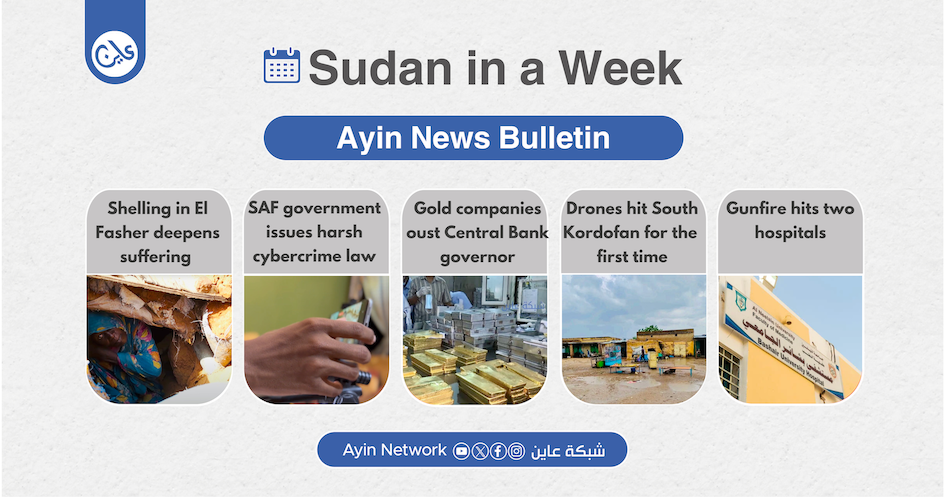
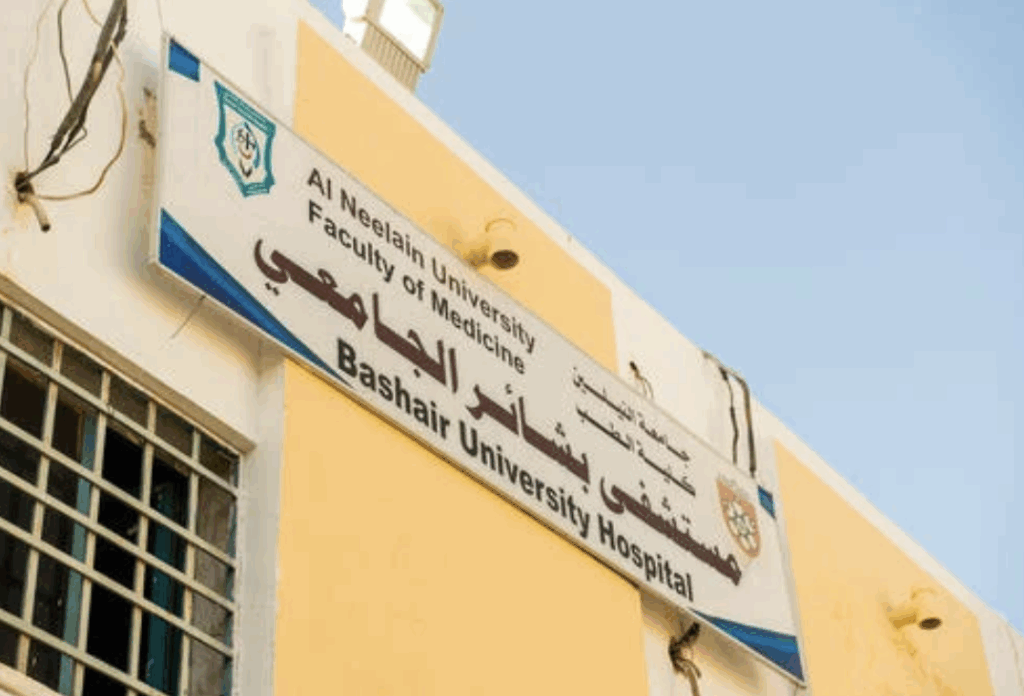 7. Gunfire at two Sudanese hospitals leaves casualties
7. Gunfire at two Sudanese hospitals leaves casualties